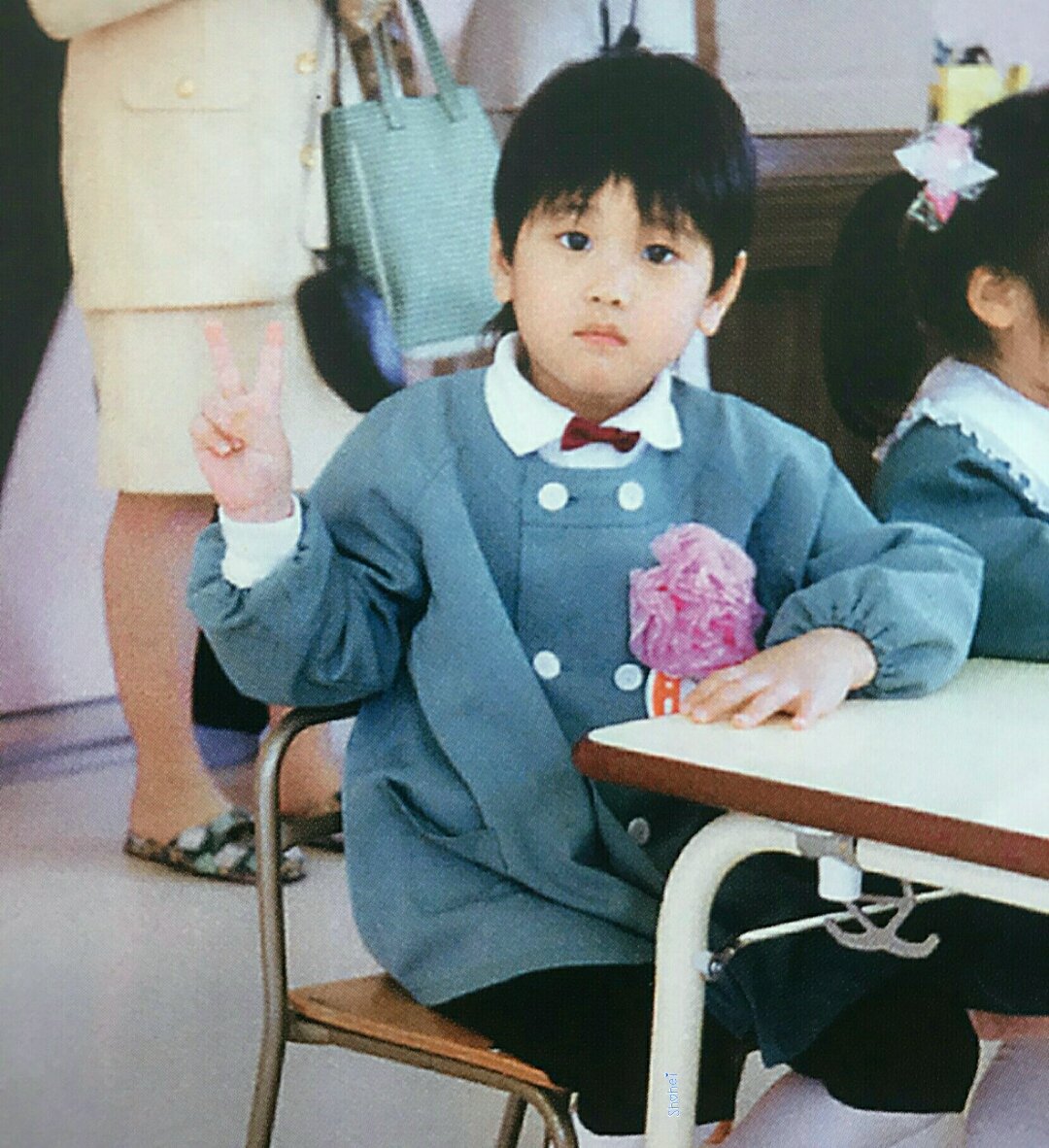Japanese baseball fans’ attention has turned to pitcher Shohei Ohtani of the Hokkaido Nippon-Ham Fighters due to the news of his upcoming transfer to the Los Angeles Angels. The 23-year-old has been dubbed “Japan’s Babe Ruth” in the United States, but his dominance as a pitcher and batter has amazed Japanese baseball fans. Then, how did they raise him up?
55-year-old Turu, Ohtani’s father, acknowledges, “I wasn’t particularly tough in his upbringing.” “It was really just ordinary, but it was very ordinary.” In other words, he did not have a typical childhood. Rather, his parents reared him in a genuine and loving environment.
Ohtani’s father played outfield for a major corporation-sponsored semi-pro team. Kayoko, his 54-year-old present wife, was a member of the office badminton team. Their other kids are Yuka, 25, and Ryuta, 29.

On July 5, 1994, Ohtani was born in Mizusawa, Iwate Prefecture (now Ohu). The “Sho” character in his given name was inspired by a sobering mental image of military leader Minatomoto no Yoshitsune (1159-1189), who is connected to the Oshu and Hiraizumi territories. The “hei” character was taken from a reading of the initial kanji character used in the name “Hiraizumi.”
Ohtani was always incredibly energetic. When Ohtani and Ryuta were the same age, Ohtani would fearlessly attempt to use the playground equipment, but Ryuta would shy away from it.
He took the lead in pursuing interests that caught his attention. His father claims that when Ohtani was younger, “he was a child who would try anything,” but he also adds that this occasionally caused him to get anxious. He points out, “If you didn’t take the time to watch him, it was dangerous.”

Ohtani, though, might be sidetracked by minor matters. Ohtani became irritated once because someone had bent his notepad, according to his father. He warned him, “Don’t get angry over little things,” as Toru remembers.
Ohtani made the decision to try out for the baseball club while he was in the second grade. He became enamored with baseball after witnessing a hardball game. When he was a junior in high school, he joined the “Ichinoseki Little Senior” baseball team, despite the fact that it was 45 minutes away from his hometown. Toru went up to the management and requested permission to become a coach for the team.

Toru acknowledges that there are a few things he would like to have done differently when raising his first son. When Ryuta was small, Toru worked day and night hours at an auto assembly plant, and he was unable to spend enough time with him because of his other two young children. After not making it past the prefectural qualifying round in high school, Ryuta is now an outfielder and coach for a corporate baseball team. Toru thought to himself after observing his son’s dissatisfaction, “If only I had collaborated with him more… Shohei needs what I was unable to provide for his older brother.

Toru gave us really good teaching. He gave his child pitching advice that focused on maintaining proper form and keeping his fingertips on the ball’s seam. His father directed him in any direction with his swing and taught him how to connect with the bat’s sweet spot. Additionally, he instilled in his child the value of maintaining composure and refraining from hitting his tools when his performance wasn’t up to par. This was done not only to teach his son the value of hard effort but also because it was damaging to performance to take actions that disregarded team dynamics.
Even if there was an unsolved issue, Toru tried not to chastise his child on the way home from practice. He loved having family dinners whenever he could because of his night shift schedule. The usual conversation topic was baseball. Ohtani’s father enrolled his son in the selective Hanamaki Higashi High School in Iwate Prefecture in 2010 with great aspirations for his son’s ongoing personal growth.